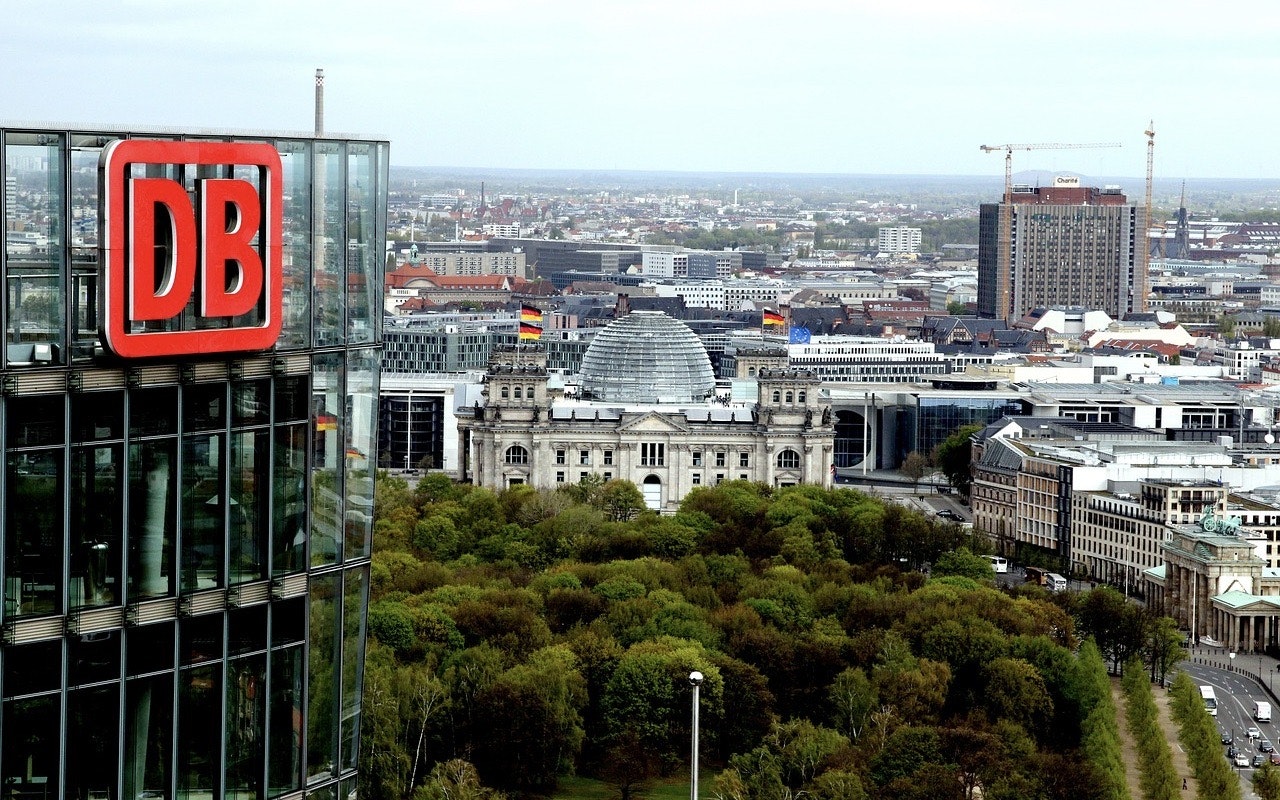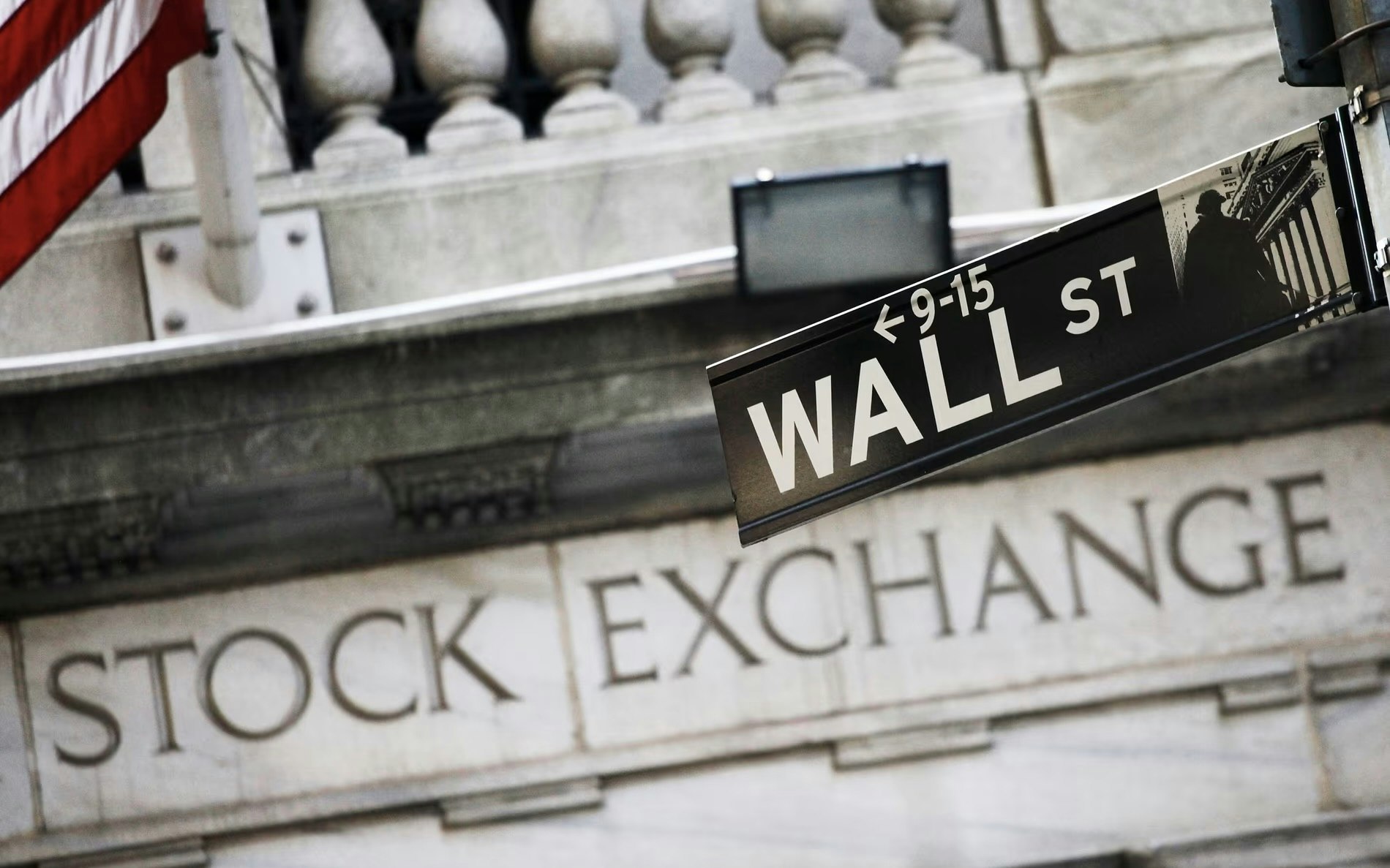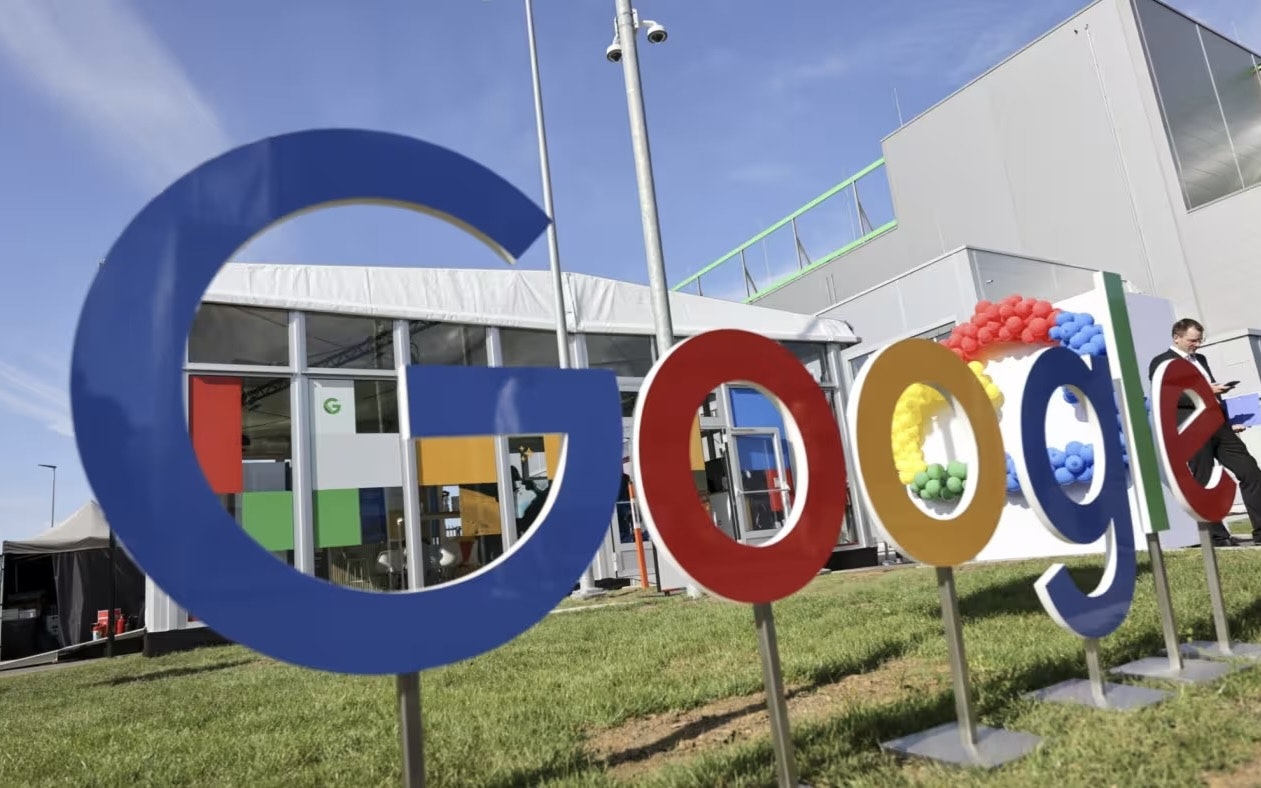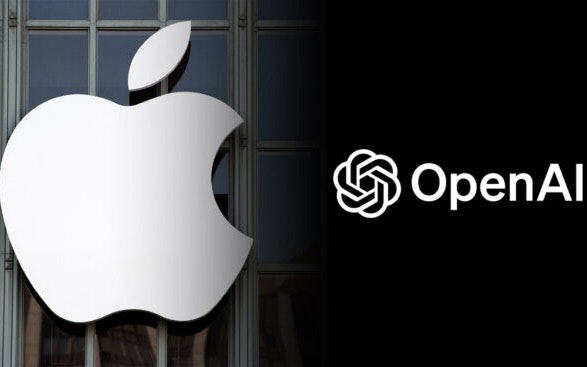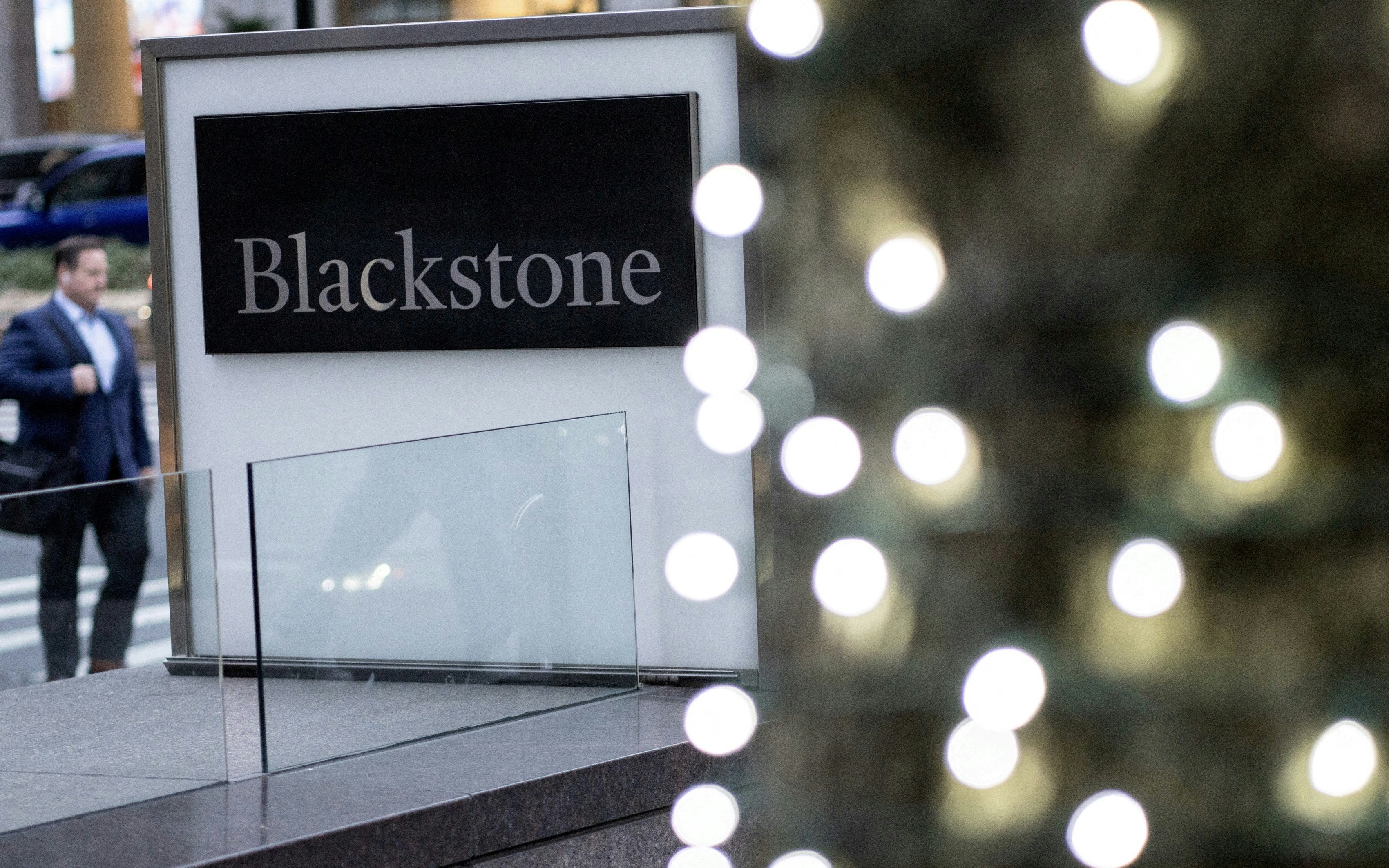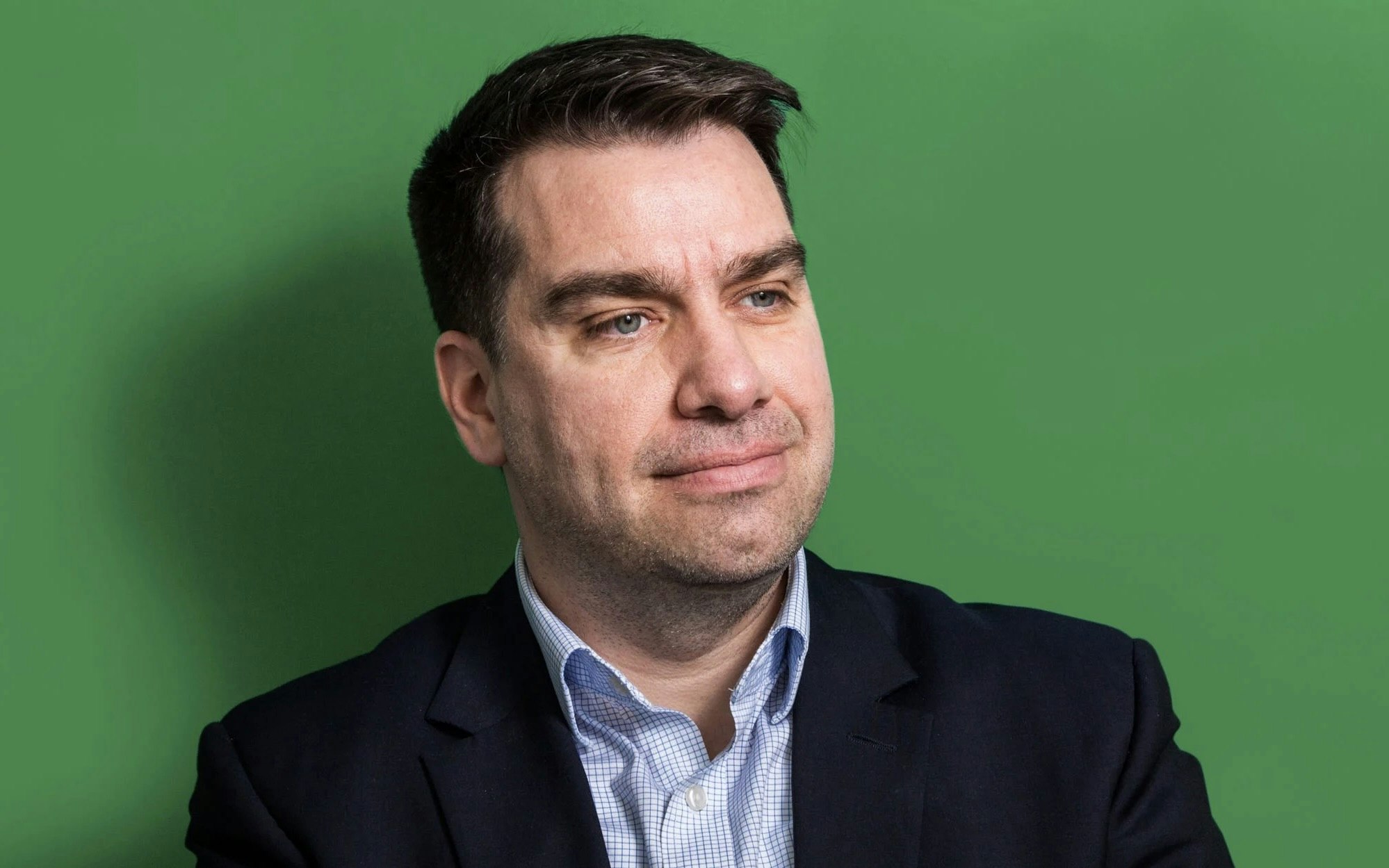German Railways currently struggle with significant delays and massive repair works, affecting the once highly esteemed German rail network. Recently, the company invited journalists on a trip from Berlin to Frankfurt to showcase the new investments in the rail network – the train was 45 minutes late.
These delays are now typical for a rail system that was once known for its efficiency. Last year, only two out of three long-distance trains arrived on time. Even Switzerland is considering excluding German trains from its network due to their lack of punctuality.
With this travel chaos, the trains have become a national disgrace," said Ulrich Lange, transport spokesperson for the opposition CDU.
The press trip ended just as poorly as it had begun. On the way back, the reporters had to transfer to a regional train, which was also 35 minutes late. As a result, many missed their connecting trains.
Of course, it is annoying," said Wolfgang Weinhold, who is responsible for the infrastructure program at DB and accompanied the trip. "But it also motivates us to do things better.
The reason for the poor service lies in years of underinvestment, which has led to signal systems, overhead lines, tracks, and switches being in poor condition. "We have practically saved the system to death over decades," said Berthold Huber, Board Member for Infrastructure at Deutsche Bahn. "Now we are at a turning point.
The problems have been exacerbated by the tremendous increase in demand for train travel in recent years. More and more people are taking the train, which is also thanks to the success of the "Deutschlandticket," which allows unlimited travel on regional and local transport for 49 euros a month.
We have much more rail traffic, which is exactly what we wanted," said Andreas Geissler of Allianz pro Schiene. "But that, combined with years of underinvestment, has led to the crisis we are seeing now.
The German Railways have a solution: an extensive modernization program. However, some of the busiest routes will need to be closed for months to allow for repairs. For the long-suffering rail customers, this means that the situation will worsen before it gets better.
It's like open-heart surgery," said Geissler. "No one has experience with repairs on this scale. It is uncharted territory.
The problems of Deutsche Bahn have their origins in the 1990s when the government planned to privatize the company. Costs were reduced, unprofitable routes were closed, and the rail network was reduced from approximately 40,000 km to 34,000 km.
Germany is now investing much less per capita in its rail infrastructure than other countries – only 114 euros in 2022, compared to 450 euros in Switzerland and 319 euros in Austria. The railway has become the Cinderella of German transport policy, while billions have flowed into road construction.
The railway received warm words and the streets got the money," said Geissler.
Now this is changing. Chancellor Olaf Scholz is investing more in the system than his predecessor Angela Merkel. The current multi-billion-dollar modernization programs are intended to improve the condition of the railway.
First, the "Riedbahn" line, which connects Frankfurt with Mannheim and is used daily by up to 16,000 passengers, will be modernized. This route will be closed for five months, trains will be rerouted, and local travelers will need to use replacement buses.
Imagine your two knees and elbows are broken. If you only fix the first knee, you have solved one problem, but the other three will get worse," said Huber. "That's why you have to address everything at the same time.
By 2030, 41 of Germany's most important rail transport corridors are to be modernized. The railway company promises noticeable service improvements by the end of this year.
Transport Minister Volker Wissing said the railway needs 45 billion euros to fix all infrastructure problems. So far, about 60 percent of this amount – 27 billion euros – has been secured. DB's equity contribution will be increased by 20 billion euros by 2027 to finance the renewal program, and some funds will come from the sale of the logistics unit Schenker, which could bring in more than 15 billion euros.
However, the new funds are coming in slowly. Therefore, the company had to use its own funds for necessary repairs, which led to an operational loss of almost 1.3 billion euros in 2023, following a profit of 1.2 billion euros in 2022.
The executives insist that the renewal program is good news for customers. But that is no consolation for the 150 Austrian fans who arrived late to a European Championship match in Dortmund last month due to network problems.
Or for Philipp Lahm, the tournament director of the European Championship and former German captain, who missed a TV recording due to a delayed train.
Many will agree with the French actress Julie Delpy, who expressed her frustration on Instagram last year after a series of missed connections. "Please, travelers, never take the train in Germany," she wrote. "Walk if you must.


